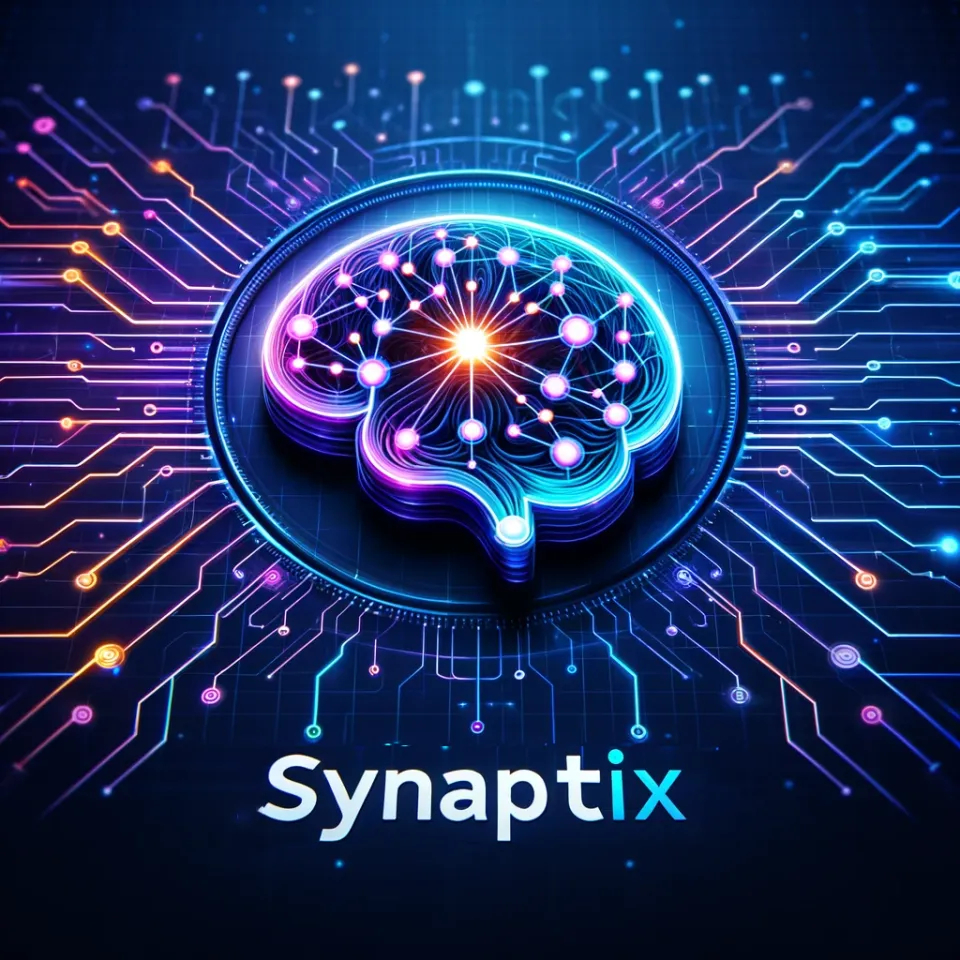OpenAI Announces New Team to Assess and Protect Against Catastrophic AI Risks

Introduction:
OpenAI, a leading artificial intelligence research organization, has established the Preparedness team to evaluate and mitigate potential catastrophic risks associated with AI models. Led by Aleksander Madry, director of MIT’s Center for Deployable Machine Learning, this team will focus on tracking, forecasting, and safeguarding against the dangers posed by future AI systems. The team’s responsibilities include addressing risks related to the manipulation and deception of humans, as well as the potential for AI systems to generate malicious code.
Uncovering the Depths: The Role of Preparedness in AI Risk Assessment:
The Preparedness team’s primary objective is to identify and analyze potential threats stemming from advanced AI models. By assessing vulnerabilities and hypothetical scenarios, the team aims to protect society from the most devastating risks. This proactive approach demonstrates OpenAI’s commitment to responsible development and deployment of artificial intelligence.
Examining AI’s Persuasive Power:
One area of concern for Preparedness is the potential for AI systems to exploit humans’ susceptibilities. Whether it be through phishing attacks, mind manipulation, or persuasive communication tactics, the team aims to understand and mitigate the risks associated with AI’s ability to deceive and influence people. These efforts will contribute to securing individuals and organizations against emerging threats in the digital landscape.
Unveiling the Far-Fetched: Preparedness’ Study of Unconventional Risks:
OpenAI’s announcement of its focus on studying “chemical, biological, radiological, and nuclear” risks related to AI models left many intrigued. While some might view such risks as far-fetched or reminiscent of science fiction, Preparedness embraces a comprehensive approach to understanding and dealing with potential future challenges. This dedication to considering a wide range of possibilities sets a precedent in the field of AI research and safety protocols.
Leadership and Chief Responsibilities of Preparedness:
Headed by the experienced and esteemed Aleksander Madry, the Preparedness team will play a pivotal role in OpenAI’s comprehensive risk assessment strategy. Madry, renowned for his contributions to the field of machine learning, brings a wealth of knowledge and expertise to the team. The primary responsibilities of Preparedness include tracking emerging risks, forecasting potential threats, and developing strategies to protect against AI’s unintended consequences.
Addressing Concerns from OpenAI’s CEO:
OpenAI CEO, Sam Altman, has been vocal about the potential dangers of AI, often expressing concerns about its potential to lead to human extinction. While some critics view Altman’s statements as alarmist, OpenAI’s establishment of the Preparedness team indicates a serious dedication to mitigating the risks associated with AI. This move demonstrates the organization’s commitment to responsible AI development and the prioritization of human safety.
Conclusion:
OpenAI’s creation of the Preparedness team underscores the organization’s recognition of the need to prioritize the responsible development and deployment of AI. By evaluating and protecting against potential catastrophic risks associated with AI models, OpenAI aims to ensure the long-term safety and well-being of society. With the experienced leadership of Aleksander Madry and a commitment to exploring unconventional risks, OpenAI is taking proactive steps towards creating a secure AI future.




